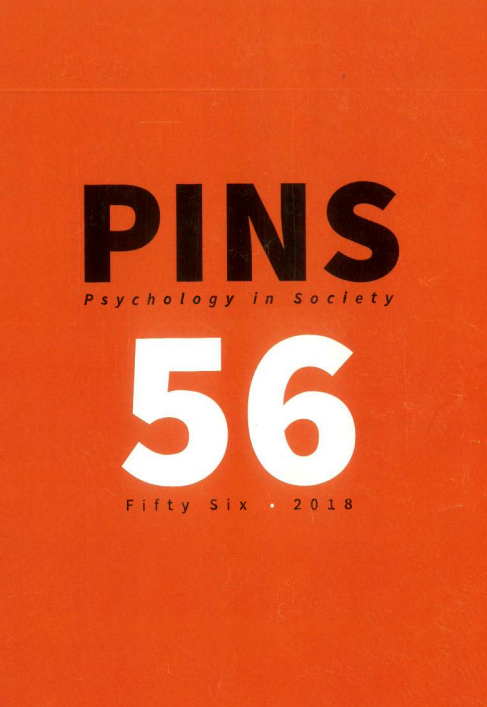Respectability and reputation: Tracing intersections of race, class and gender in news discourses of violence against women
DOI:
https://doi.org/10.17159/2309-8708/2018/n56a1Keywords:
intersectionality, news media, perpetrators, victims, violence against womenAbstract
This paper investigates how gendered inequalities are reproduced in printed news media discourses of men’s violence against women and how they intersect with the racial and classed dimensions of survivor and perpetrator identities in two Cape Town newspapers. A total of 113 reports on violence against women were collected from two newspapers that drew the largest readership in the Western Cape Province between 2011 and 2013. A thematic decomposition analysis revealed the presence of a discourse of respectability, which shed light on how pathologising representations “other” and blame victims who are thought to stray from respectability, particularly poor black women who find themselves on the periphery of this discourse of femininity. In contrast, perpetrators of violence against women were represented through the lens of race and class, and predominantly through reputable performances of masculinity, silencing their accountability. Understanding violence as an intersectional experience – defined by race, class, sexuality and gender in the context of post-apartheid South Africa – is central to the analysis. A critical comparison between the two newspapers’ reporting styles is offered. Furthermore, the news media’s tendency to reproduce racial and gendered stereotypes of victims and perpetrators of violence and to marginalise some voices over others is problematised.
Downloads
Downloads
Published
How to Cite
Issue
Section
License
This journal is an open access journal, and the authors' and journal should be properly acknowledged, when works are cited.
Authors may use the publishers version for teaching purposes, in books, theses, dissertations, conferences and conference papers.
A copy of the authors’ publishers version may also be hosted on the following websites:
- Non-commercial personal homepage or blog.
- Institutional webpage.
- Authors Institutional Repository.
The following notice should accompany such a posting on the website: “This is an electronic version of an article published in PINS, Volume XXX, number XXX, pages XXX–XXX”, DOI. Authors should also supply a hyperlink to the original paper or indicate where the original paper (http://www.journals.ac.za/index.php/pins) may be found.
Authors publishers version, affiliated with the Stellenbosch University will be automatically deposited in the University’s’ Institutional Repository SUNScholar.
Articles as a whole, may not be re-published with another journal.
The copyright of the article(s) lies with the author(s).
The copyright of the journal lies with PINS-psychology in Society.
The following license applies:
Attribution CC BY-NC-ND 4.0 - https://creativecommons.org/licenses/by-nc-nd/4.0/

